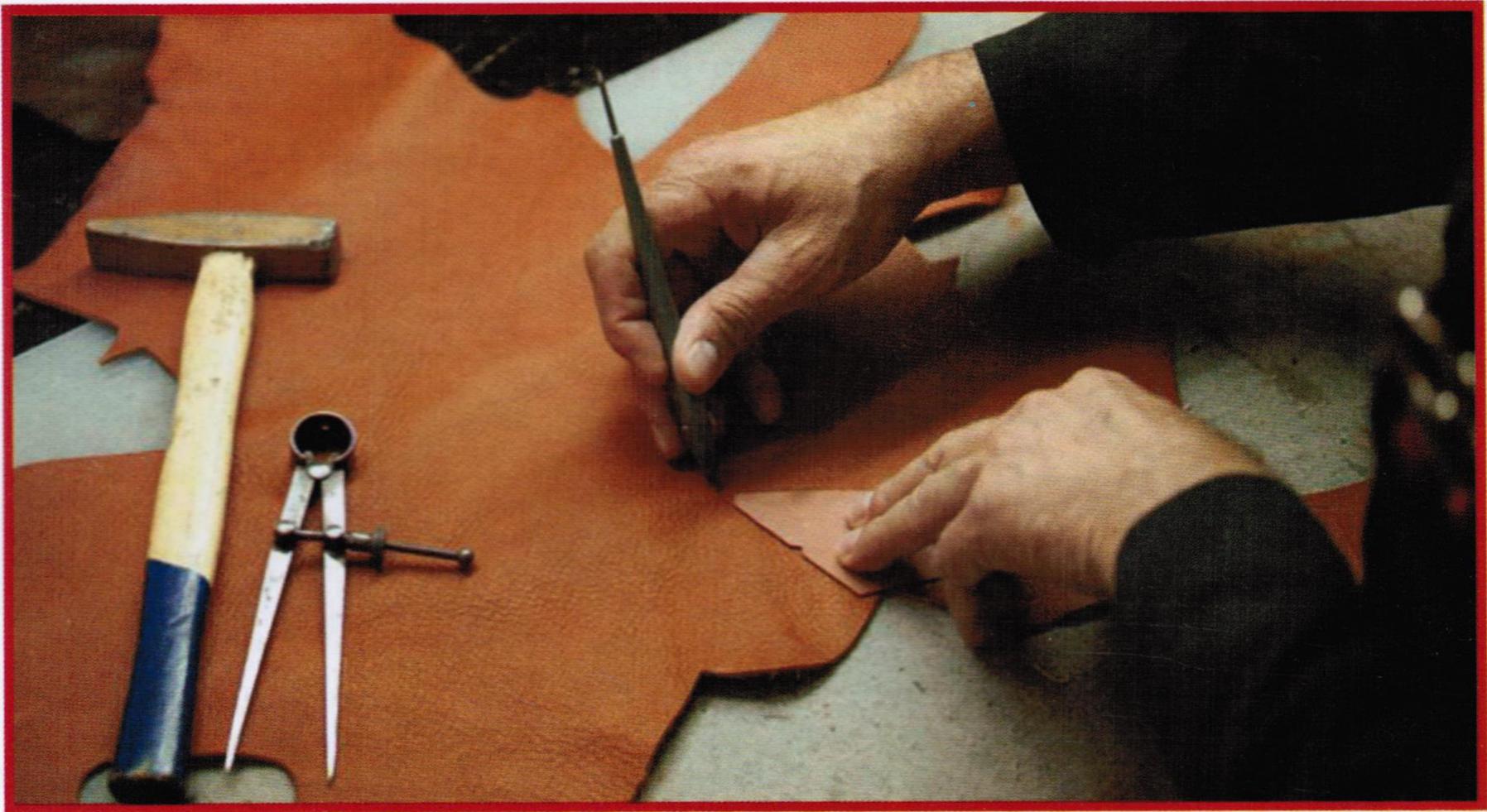
By the Iranian researchers it was done; with nanotechnology, the high resistance of genuine leather against the flame in the production of natural leather
The Iranian researchers at Amir Kabir University of Technology, Samaneh Sepehri, who was implementing the “improvement of the natural regeneration of genuine leather against flame by adding clay nanoparticles,” stated:
The leather industry in Iran has a long history, but with the passing of years of presenting the machinery of this industry in the production of leather into the country, there are many problems in the industry.
Referring to some problems in the leather industry, she added:
The industry has not been given enough attention and support, and research in the field of the industry in the country has been very limited and inadequate.
She said that the leather industry is still traditionally managed,
she added:
considering that Iran has a comparative advantage in the leather industry and in the event of scientific and technological growth, Iran’s manufacturing of leather products can contribute to global markets, so research in the field of the industry is inevitable..
According to the Iranian researchers , genuine leather production with more capabilities, such as making genuine leather resistant against flame and accordance with global standards, are considered the priority research topics.
Ms. Samaneh Sepehri, emphasizing that this research has been a step towards improving the knowledge of genuine leather production, added ; since the process and materials of this research have been designed and selected to be similar to the current situation in Iranian leather factories, it can be said that this research has led to the localization of the technology to improve the resistance of genuine leather to the flames.
Also, using nanotechnology and the use of nanomaterial, the length of geniun leather burns reduced due to the resistance of leather to fire.
Referring to the “Improvement of genuine leather resistance to flame by adding clay nanoparticles,” she said; this research began with library and field research to find traditional and modern methods for producing anti-inflammatory leather.
Ms. Samaneh Sepehri continued: then knowledge of leather production in Iran was extracted from the factories and examined in the laboratory.
In the next step, the materials that create the fire resistance feature were added to the leather process. Finally, the effects of materials and processes on different leather properties were investigated and measured.
She stated that the result of this research is directly applicable in the leather industry, and then she added; the leather produced using the results of this research is being applied for in the furniture and automotive industry and aircraft manufacturing and clothing industry, in particular all kinds of work and safety apparel.
She added, Continuation of this project is a semi-industrialization of the product. It is also a continuation of research and study to further improve this feature or other complementary features of leather.
Referring to the characteristics of the results of the plan, she said: the use of natural leather that has unique properties.
Using Nano clay, which is abundant and low in price and has no environmental risks and the use of processes and chemicals that are commonly used in factories are considered the features of this design.
Graduated from Amir Kabir University of Technology said;
possibility of using the proposed method of design in leather factories without the cost of providing new machinery with very little change in the usual processes of the factories, the lack of knowledge or education, the absence of environmental pollution are some of the benefits of this project.
She mentioned; the product of this research can be used in the leather industry.
After mass production and completion of research, it can be used in industries such as automotive, airplane and apparel.
Professor Dr. Mohammad Amani Tehran and Dr. Fatemeh Zeighami have instructed this plan as the supervisor and advisor respectively.
Dr. Fatemeh Zeighami is one of the professors of Tehran University of Leather Applied Science.